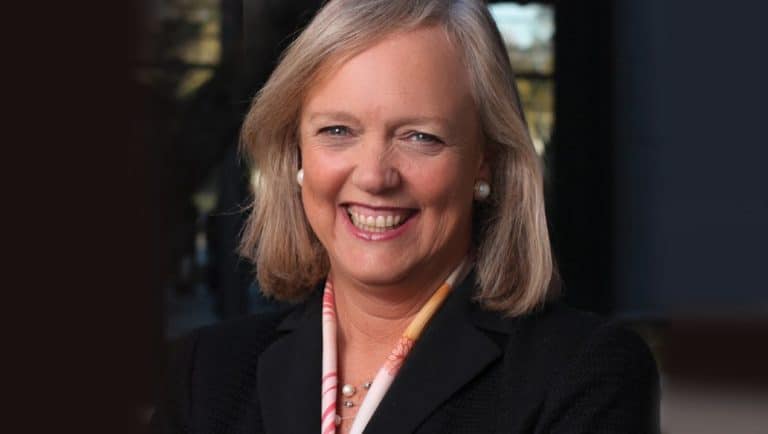Meg Whitman, the former boss of Hewlett-Packard, says she liked to sideline her predecessor Leo Apotheker when she was angry about the acquisition of the British software company Autonomy. That’s what Whitman said in a lawsuit about that acquisition, reports Reuters.
The top American woman made her verdict when she testified in Mike Lynch’s trial. Former Autonomy CEO Lynch and former CFO Sushovan Hussain are accused by HP of fraud and overstating the value of Autonomy. In 2011, HP paid $11 billion for Autonomy, but wrote off $8.8 billion a year later.
The acquisition took place in 2011 under the leadership of former CEO Leo Apotheker and was an important point in his strategy to turn HP into a software company. But although the acquisition of Autonomy was completed, Pharmacist had to make way for Meg Whitman as the new CEO.
Lynch and Hussain have always denied the allegations. Lynch stated that the failed acquisition was caused by mismanagement and neglect of the company during the Whitman board. Whitman was the one who reduced the value of the acquisition. After Pharmacist said that HP’s board had to share the blame for the failed deal, Whitman said in a December 2012 e-mail to chief communications officer Henry Gomez that she was “happy to throw Leo for the lions”.
In the trial, Lynch’s lawyer Robert Miles asked if Whitman was protecting himself with this. However, the former CEO said that this was “absolutely not the case”. “It was a moment of disappointment and anger. Miles claimed that she had indeed thrown Lynch to the lions, but Whitman denied that accusation.
Whitman also said that Apothecary and CTO Shane Robison led the choice to buy Autonomy, although the board of directors had approved the takeover. Later they felt “terrible” about this, says Whitman. Furthermore, she denied that Autonomy was being neglected. “We really wanted Autonomy to succeed. We were committed to Autonomy, but we needed to stabilize the core assets,” said Whitman, reassuring customers and investors that HP wouldn’t stop using hardware.
Quarterly figures
Whitman further states that Lynch, who reported directly to her, received more of her attention in solving problems than most others. But Lynch wouldn’t have reported that Autonomy was on track to miss its quarterly revenue targets, and that his management style was hampering, rather than helping, Autonomy’s integration.
This news article was automatically translated from Dutch to give Techzine.eu a head start. All news articles after September 1, 2019 are written in native English and NOT translated. All our background stories are written in native English as well. For more information read our launch article.